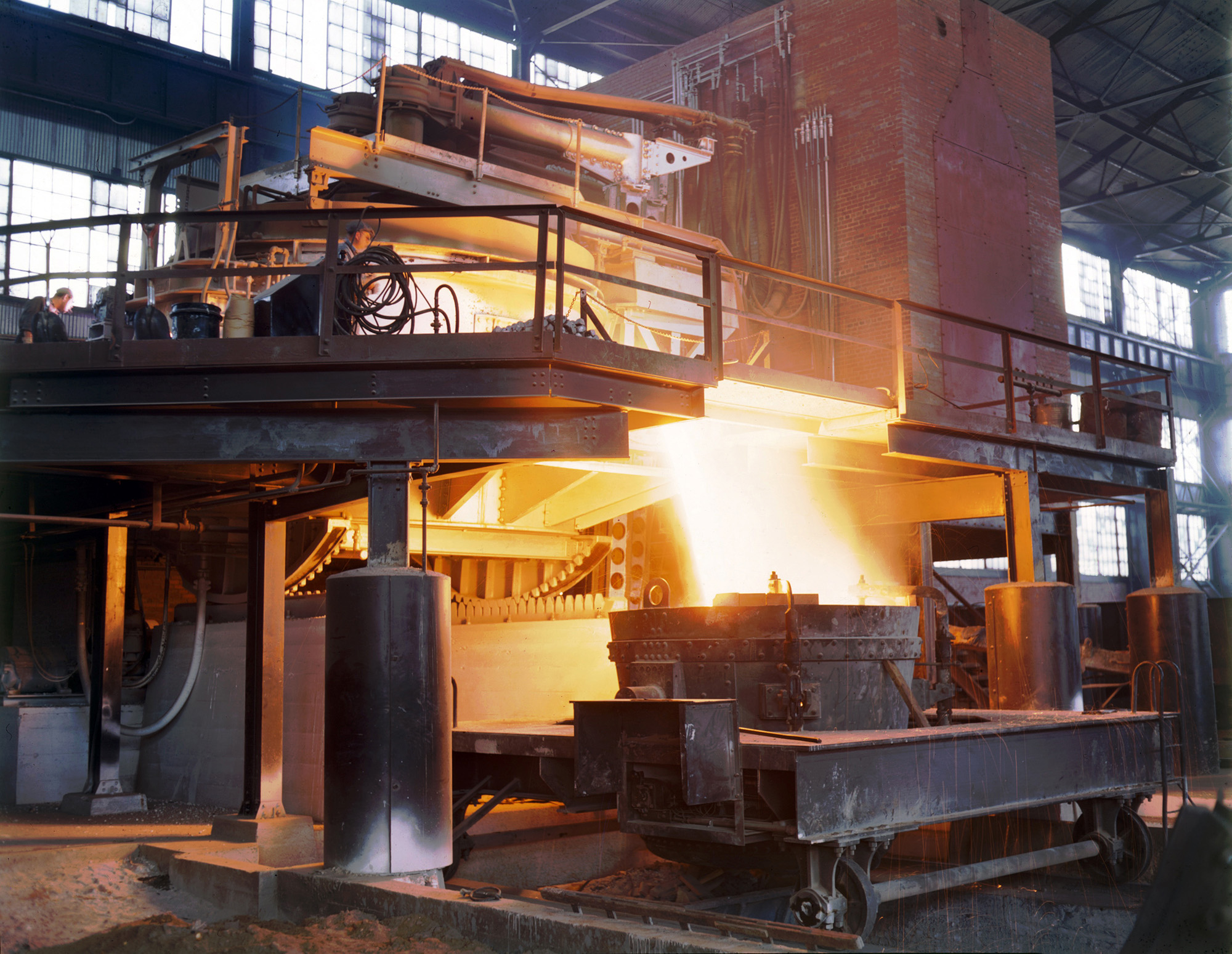WASHINGTON — The nation’s steel industry is under attack, and can’t compete with some key foreign manufacturers like China that have unfair advantage, a panel of experts told the Congressional Steel Caucus in their annual “State of Steel” hearing Thursday.
“We are in danger of losing this industry and becoming dependent on foreign imports. We cannot let that happen,” said caucus Chairman Rep. Tim Murphy, R-Pa. “We will not let that happen.”
The American steel industry has suffered more than 12,000 layoffs this past year, along with the closure of dozens of steel mills. One reason for the decline, the panel said, is that American steel companies are getting beaten in the global marketplace by the nationalized steel industries of other countries.
China, South Korea and Russia, in particular, subsidize their steel industries so they can charge less per ton, said Leo Gerard, president of the United Steelworkers,
“Governments are helping their steel industry to target our steel industry,” Gerard said, adding that every time the U.S. meets with the Chinese on steel, they promise to reduce their capacity — and it never happens.
Chad Utermark, executive vice president of the Nucor Corporation, told the bipartisan 100-member caucus that trade laws designed to protect American companies aren’t enforced as heavily as they need to be.
“When the rules are flaunted without meaningful consequences, faith in the system erodes,” Utermark said.
Mario Longhi, president and CEO of U.S. Steel Corporation and two other steel company leaders also testified.
Gerard said that while the uneven playing field presents an employment crisis to steel towns across the U.S., it also poses a national security threat. “Steel is literally the backbone of our military — weapons and armaments,” Gerard said. “We’re losing our ability to defend our country. We’re losing our ability to build bridges, even.”
He said now is the time to take a stand, and enforce U.S. laws that limit the importation of subsidized foreign steel. “If America slams its door on this kind of behavior, it will have a reverberation throughout all the other countries, primarily China, that are in this game,” Gerard said.
The steel executives said that stand could best be accomplished through the resolution of several current trade remedy cases they and others have brought to federal court.
“We agree on free trade,” said Jim Baske, CEO of ArcelorMittal North America. “We only ask that it is fair trade.”
But Gerard said the government also should consider a moratorium on imported steel, as happened during the end of the George H.W. Bush presidency.
“I think it’s time for (a moratorium),” Gerard said, “But I don’t think there’s unanimity within the steel industry.” Nevertheless, he said the government should research the option, because the import fight isn’t limited to the steel industry.
“Right now, steel is the canary in the mine cage,” Gerard said. The same is happening in aluminum, paper, cement and other commodities, he said.
Murphy agreed, saying politicians ignore the subject at their peril.
“I sincerely hope all our presidential candidates are tuning into this,” Murphy said, “because as goes the American steel industry, so goes America.”

